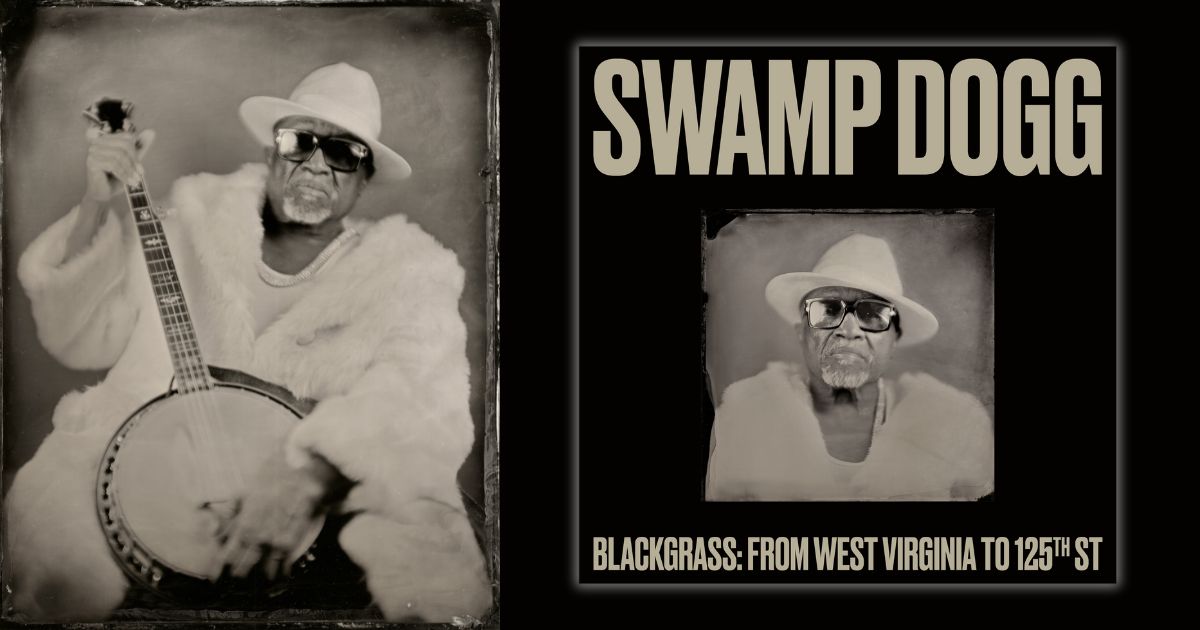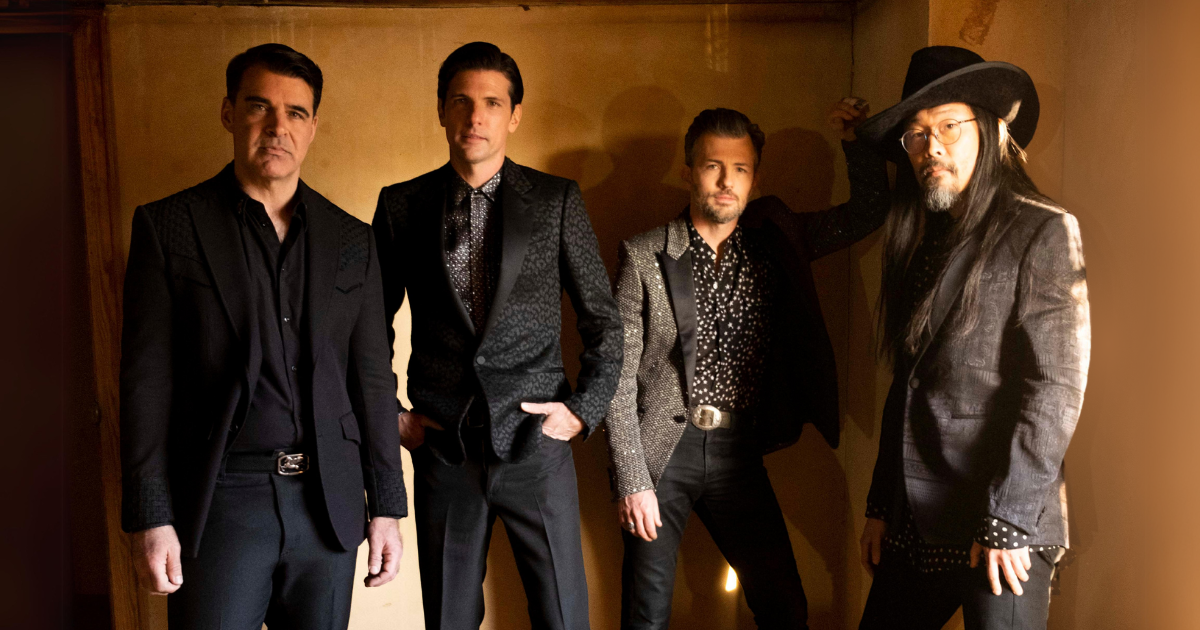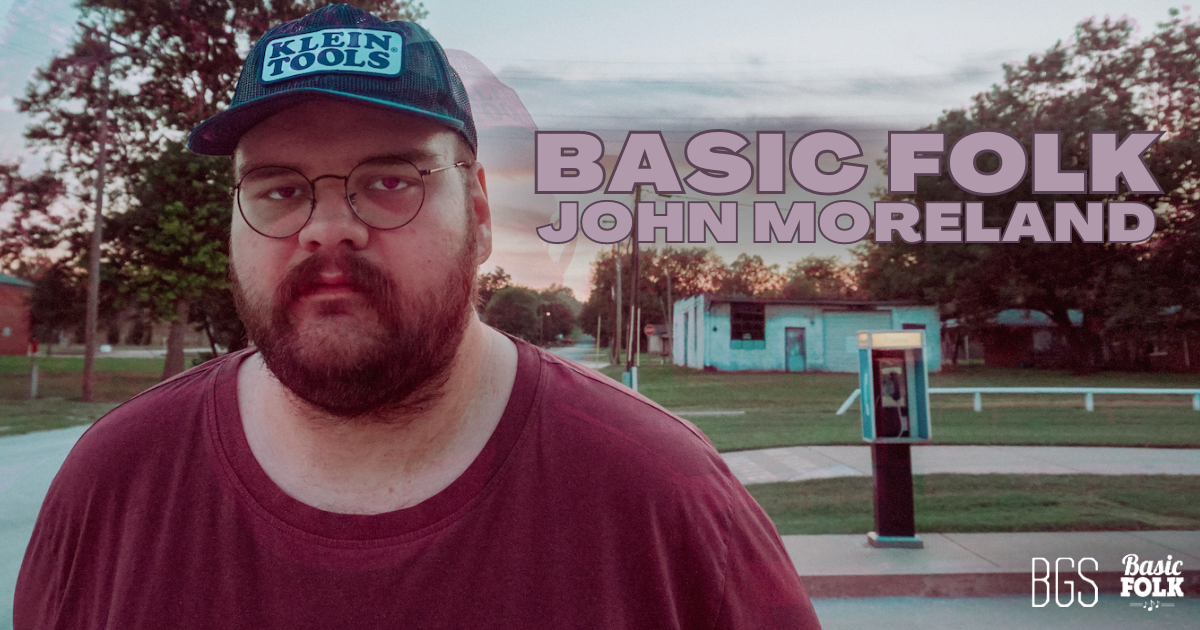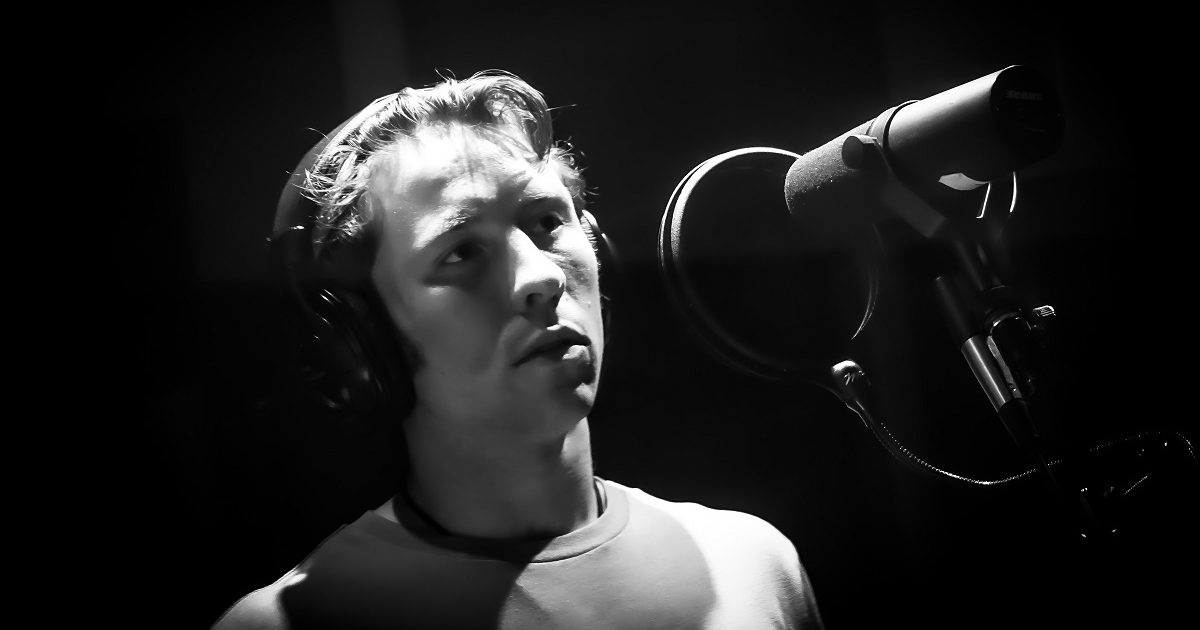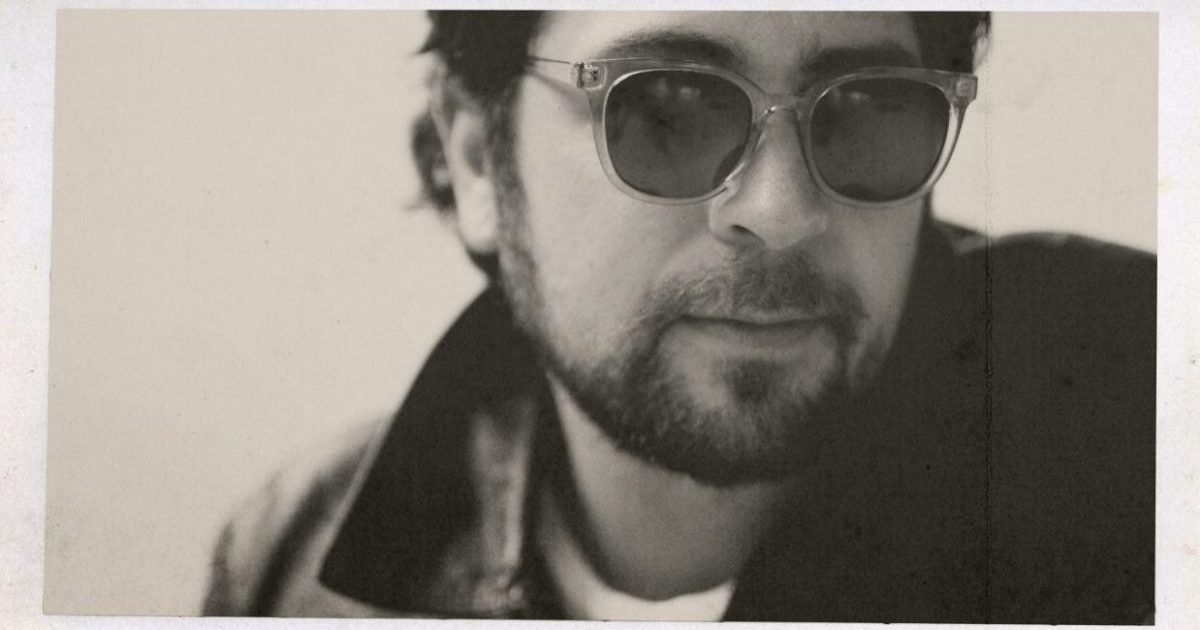For many of us, we’re already well aware of how difficult it is to pinpoint the sonic tones and textures of Fruition. From Americana to blues, gospel to folk, the ensemble has this “kitchen sink” type of subconscious approach — one where anything goes musically, so long as it inspires and stokes the creative flame within.
On their latest album, How to Make Mistakes, the Portland, Oregon-based quintet retains that same intent, which has made the group a prized touring act in acoustic realms coast-to-coast since it first came onto the scene in 2008.
At the helm of the band is founding member Mimi Naja, a multi-instrumentalist whose swirling, carefree vocals of joy, purpose, and curiosity reside at the heart of the chemistry that gives Fruition this ebb and flow relationship with the muse itself. Always soaking in whatever you cross paths with; always radiating a deep sense of self from inhabiting of your own respective path in this universe.
Beyond the new record, Fruition also recently crossed over the 15-year mark together, after a cosmic happenstance where guitarist Jay Cobb Anderson just so happened to see Naja at a Portland open mic night those many years ago — the result being this continued journey of not only artistic discovery, but also genuine friendship.
Listening to the new album, what I like about it is in such a chaotic world we live in on a day-to-day basis, it’s relaxing. It made me, purposely or subconsciously, slow down a little bit.
Mimi Naja: Yes. That’s amazing. I love “relaxing” as an adjective. I really feel like we matured a little bit by this stage. But really, I think we just kind of relaxed. There’s a lot of half-time tempo. Just settle in and do the song. Not a lot of pumped, flashy, show-off energy, just very chill.
It didn’t seem like y’all were in a hurry. It seemed like the band was enjoying the process, being together and creating.
That’s exactly it. You’re nailing it. I’m glad that it’s coming across that way. The title, How to Make Mistakes, is pulled from a song lyric in one of the tracks. But, it’s really appropriate to the fact that it’s all [recorded] live with no overdubs. All in the same room and just in the moment. Making a record like records used to be — an actual record of people sitting in a room playing music.
What does it feel like to be with folks that you’ve played together for 15 years and to still enjoy that space?
It’s the best. And the fact that it has been so many years is why it’s easy to get there. I dabble in other side projects and I love the thrill of having to stay on your toes, when you’re getting to know someone musically and otherwise. But, it’s a real blessing to just settle in [with Fruition] — it feels like home.
Maybe even on an existential level, what does that album title mean to you?
We just believe in the beauty of flaws. And knowing when something is raw, it’s real. In a world of how we look on social media and filters and everything being polished and clean and quantized, we love the realness and the rawness. Sometimes that’s cracks in your voice or you’re slightly out of tune or whatever it is — we love that. There’s a thirst for that realness in this polished age. So, we hope it makes the ears happy in this world.
Whether it’s conscious or subconscious, your band is very elusive sonically. Is that by design or just how things evolved?
I think it’s a point of pride in the early days of, “We are here to deliver a good song in its finest form, no matter what it sounds [like].” In some ways, it’s been to our detriment, as far as a growth trajectory. From a longevity career standpoint, being elusive is charming, but it’s also hard to sell. So, in a way it was by design. But then, as the years went on, I think we hate boxes. People need boxes and we don’t have one for them. So, that’s why we’re kind of trying to cling to this Americana blanket because it works for us.
There’s such a rich tapestry of sound. I hear Delta blues, gospel, country, indie rock, and folk. I hear everything in there. But, that’s also a testament to the band’s curiosity. Y’all seem like you’re sponges just constantly soaking in influences.
For sure. And it’s what we love about ourselves individually and as a band. It’s what fuels such a richness. But, it’s a double-edged sword. That can be confusing to new fans that are just pushing play. It’s such a crap shoot on whatever two or three songs they choose to push play on throughout our pretty large discography. They could get a very different outcome. But, you know, that’s the chance we take, we love it all. That’s what makes this unique, but also confusing.
Multiple harmonies are a big part of your sound. Why is that such an important component to the band?
We just love singing, first and foremost. As a band, that’s the roots of where we began. We were a sidewalk busking band before we ever really organized. That’s just what we were doing for fun and for chump change. Back in the good old days, just busking to pay our bills. And that’s when we realized how powerful this three-part harmony was together. And that comes back to [the new album], how it feels sitting in a room together when those three-part harmonies kick in. That’s what really feels like home. It’s always to serve the song – that’s our deep love right there.
What did busking teach you about who you are as artists?
You learn to use the kind of the raucous, fast, high, long note vocals. But faster, a little more like party songs. We knew when we needed to turn it up, to turn some heads and get a couple bucks dropped. But, I learned once you’ve drawn them in, that’s when you can do what you really want, which is sing the slower, sadder, prettier things. We love it all. We love raucous rock, but we’re really quite tender artists at heart. I learned how to get attention and I learned that we do have something special. Once we’ve gotten the attention, we have it, and so then we have freedom to relax. Today’s climate makes it pretty challenging, but we believe in it and we’re just hoping for more ears, so that we can continue doing what we love.
Fruition recently crossed over the 15-year mark. What’s been the biggest takeaway for you on this journey thus far?
I can tell you that the passing of time is blowing my mind. Fifteen years sounds wild. My body doesn’t feel youthful, but my spirit still feels youthful. The road and the performing, the giving your heart up onstage and getting that back from the crowd? That keeps us young. The flying and sitting in vans doesn’t. There’s a youthful spirit that stays alive through all of this somehow. A true band is as deep as a marriage or a sibling-hood. It’s beautiful. And it’s a real testament to the music, too, because it’s cool when you see people just grow and continue to offer new shades of their music or new chapters. And, with no shade to any sort of artist or bands with hired guns, it’s very apparent that this is so different from that. It’s so much deeper. It’s a family, you know?
Photo Credit: Kaja Sigvalda

